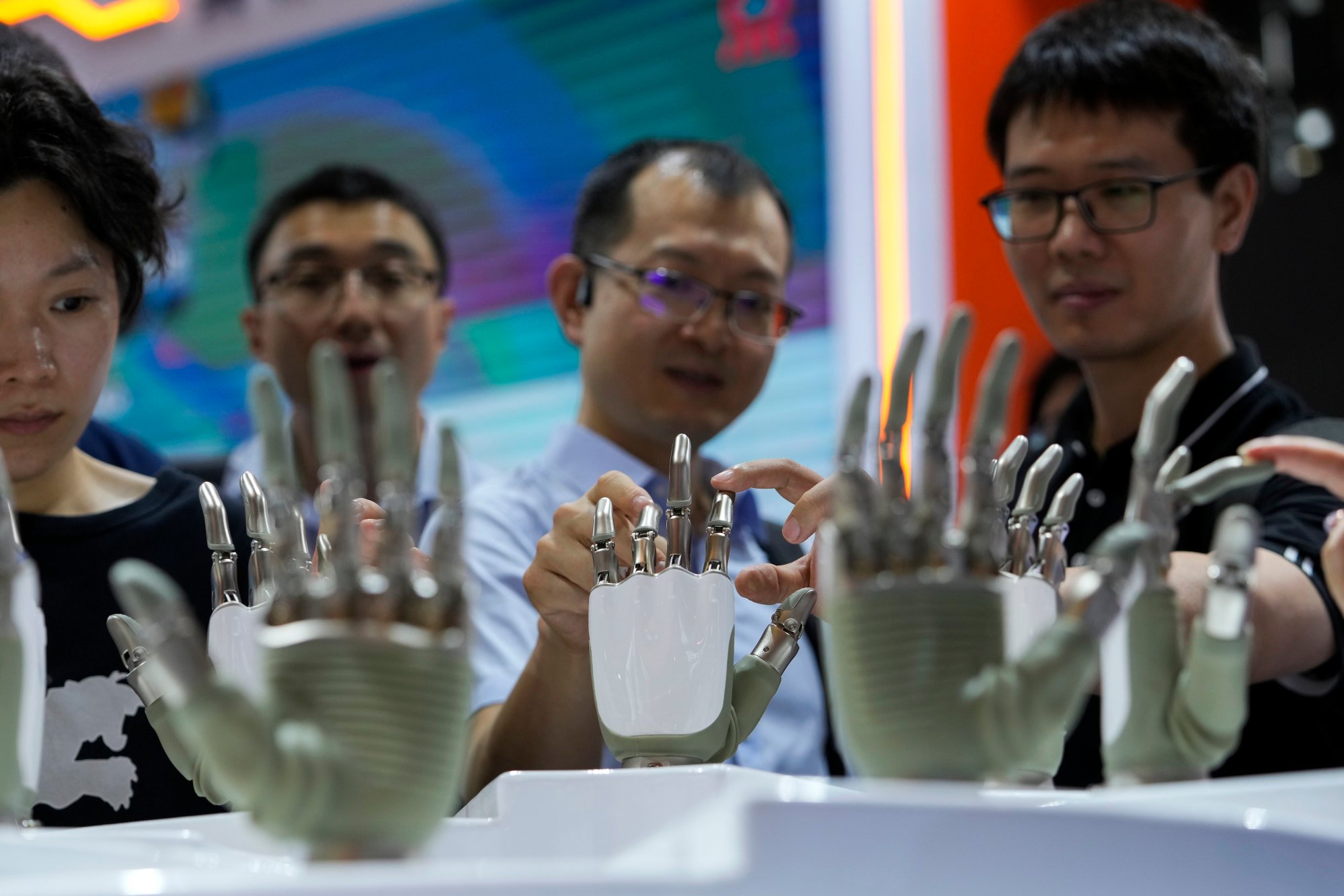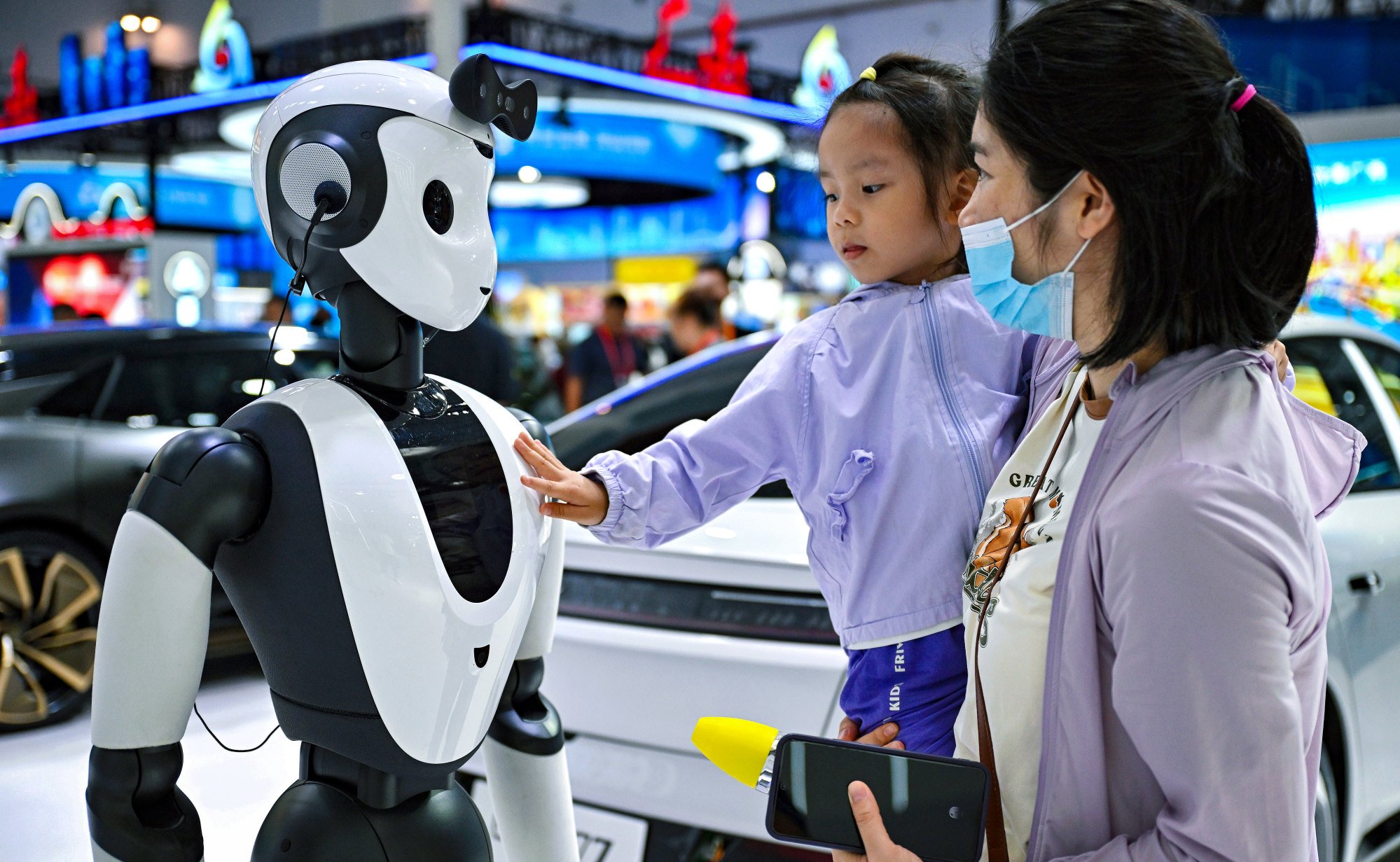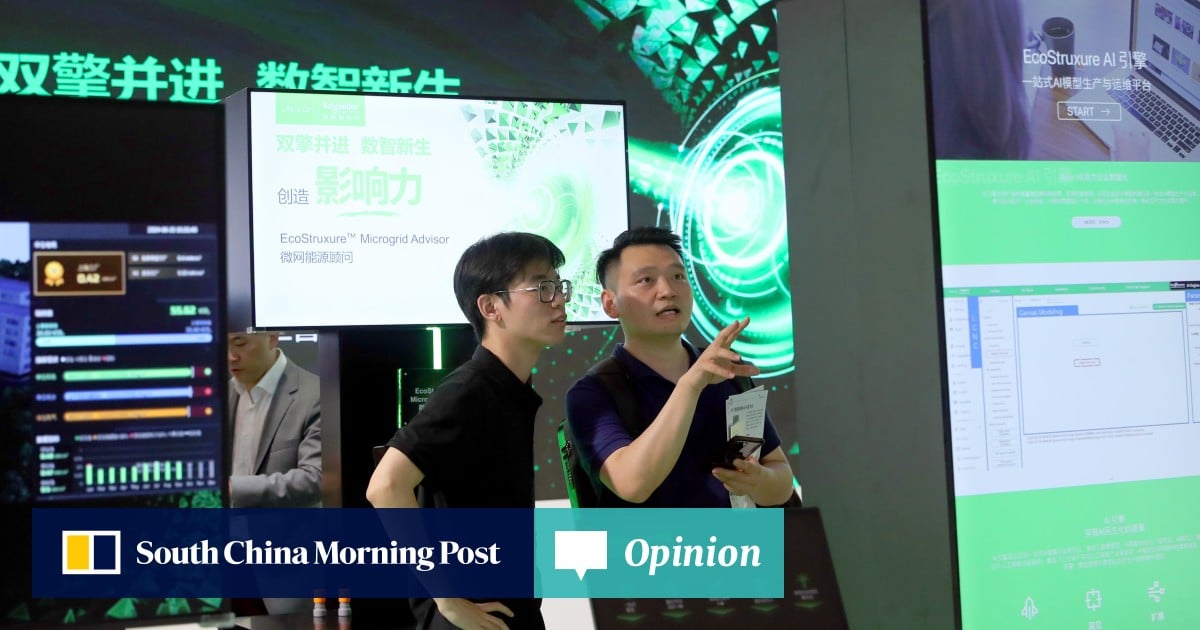“Governing AI for Good and for All” was a key focus of the conference. Instead of discussing how AI will replace human jobs, some attendees at the conference emphasised how AI is merely changing the nature of production. Conversations also touched on leveraging AI to upscale agriculture, transport, e-commerce, space exploration and public health.

Leading experts have called for language and culture inclusion in AI development. Most existing AI models are trained in English language data, causing the system to either produce stereotypes of other ethnic groups, or be incapable of creating accurate output.
Multiple humanoid robots were displayed at the conference. The world’s first open-source, full-size humanoid robot, Qinglong, made its debut. Qinglong can cook, clean and perform other household chores, serving as smart assistant for homes. Developers anywhere in the world can build on the open-source model to improve the robot’s agility and responses to natural language orders. This will help with robotics research in less developed economies.

China is a global leader in humanoid and industrial robots. The market for China’s humanoid robots is expected to reach 38 billion yuan (US$4.86 billion) by 2030. China’s Ministry of Industry and Information Technology provided special guidelines to advance the industry and establish ethical standards. Robots can help with the industrial chain when it comes to the development of new materials, motion control technology and intelligent chips. A humanoid robot and innovation centre was set up in Shanghai, fostering an ecosystem that connects capital with talent.
China sees potential in developing the markets in Latin America, Africa, Middle East and Southeast Asia for its electric vehicles, robots and digital economy platforms. These collaborations can promote global efforts in reaching sustainability goals. China is also preparing a training course to upskill the workforce in developing countries, scheduled for later this year, focusing on products that benefit broader populations.
The World Artificial Intelligence Conference highlights China’s vision for an international framework to support AI innovation and governance. To ensure AI flourishes for the public good, China is building an ecosystem to train AI talent. Top Chinese universities are setting up AI labs to upskill the next generation and systematically integrate AI across disciplines.
The conference featured AI competitions and awards to attract global talent, while venture capitalists were given opportunities to fund AI start-ups. Strengthening this ecosystem, institutions in China and beyond should emphasise a service mindset and a holistic thinking about the technology.
China’s efforts in fostering a global AI governance ecosystem reflect its commitment to responsible, inclusive and human-centred AI development. Through technological collaboration, educational initiatives and a strategic focus on sustainable governance, the international community can shape an AI future that benefits all. Instead of AI protectionism, countries should embrace cooperation for AI’s safe development and governance.
Gerui Wang is a lecturer at Stanford University

